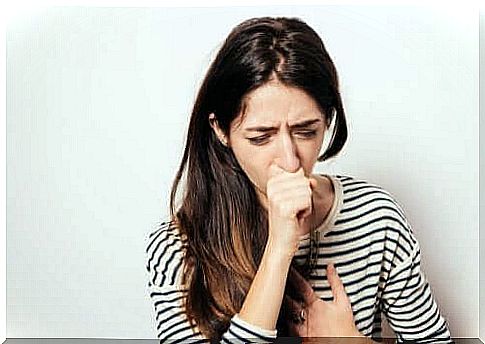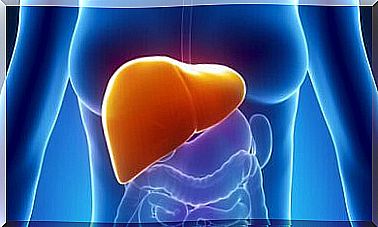Effects And Consequences Of High And Low Humidity

Moisture has a direct influence on the number of allergens and micro-organisms in the environment. High humidity in particular causes both dust mites and mold to increase. This can have major consequences for people with allergies.
In today’s article we will focus on the effects of humidity on health and what consequences it can have.
Even people without allergies can suffer from the effects of humidity when it is very high. We know that nobody really likes sticky heat.
Have you ever wondered why the hot, humid air makes us uncomfortable? Or why extremely dry air can also cause us discomfort?
It is important to keep the humidity in your home within a certain range, so that you do not suffer from the extremes. It’s not just about controlling allergies, it’s also about safety.
The effects of high humidity on the body

High humidity in hot weather makes the heat more annoying. This is because the higher the humidity, the higher the temperature feels. If you are in a place with high humidity, the thermal sensation may be higher, even if the temperature is bearable.
But why does high humidity make the temperature feel hotter? To understand this, you need to know how your body cools you down and how it regulates temperature.
Sweating helps the body to cool down
Sweating is one of the body’s main cooling mechanisms. However, it only works to cool us down if the water comes out through the skin and then evaporates.
This is where humidity comes in. The concentration of water in the air relative to the temperature determines how quickly water can evaporate on the skin. If the air contains more moisture, it is harder for the air to absorb sweat from your skin.
What is the result of this? We sweat and sweat, but instead of feeling cool, we just feel warm and sticky. When high humidity affects the cooling ability of sweating, your body has to try to cool down in other ways.
If sweating doesn’t cool your body, you start to overheat. This is caused by the excessive loss of water, salt and other compounds that your body needs.
Overheating or heat exhaustion can lead to dehydration and chemical imbalances in the body. Severe overheating can lead to, among other things:
- cramps
- syncope or fainting
- exhaustion or weakness
- sunstroke
The main way to avoid overheating is to consider not only the temperature, but also the heat index. In addition, it is important to:
- drink plenty of water.
- not to exercise too much.
- refresh yourself when you notice signs of fatigue or an increased heart rate.
In addition to creating a more comfortable living environment, allergens that often thrive in warmer and more humid conditions are also reduced.
The effects of low humidity on the body

While it’s not uncommon to see humidity above 80% in the summer, that number can drop to just 20% in the winter. The effects of humidity at low levels mainly manifest in two areas: the skin and the respiratory tract.
Some signals from the respiratory system that indicate very low humidity include:
- dry nostrils
- sore or scratchy throat
- a greater spread of diseases
The effects of low humidity on the skin are mainly dry skin and chapped lips. There may also be dry eyes.
Humidity levels, both high and low, can have negative effects on your body. Remember that the relative humidity depends on the temperature. These two factors are interrelated and changes from one affect the other.
In general, a humidity between 35% and 50% is ideal. This not only allows the body to function normally, but also prevents the explosive growth of allergens such as dust mites and molds.
Now that you know which factors come into play, you have gained a better understanding of how your body works in relation to its environment. This way you can take the right precautions to prevent the effects of humidity from having negative consequences that affect quality of life.









